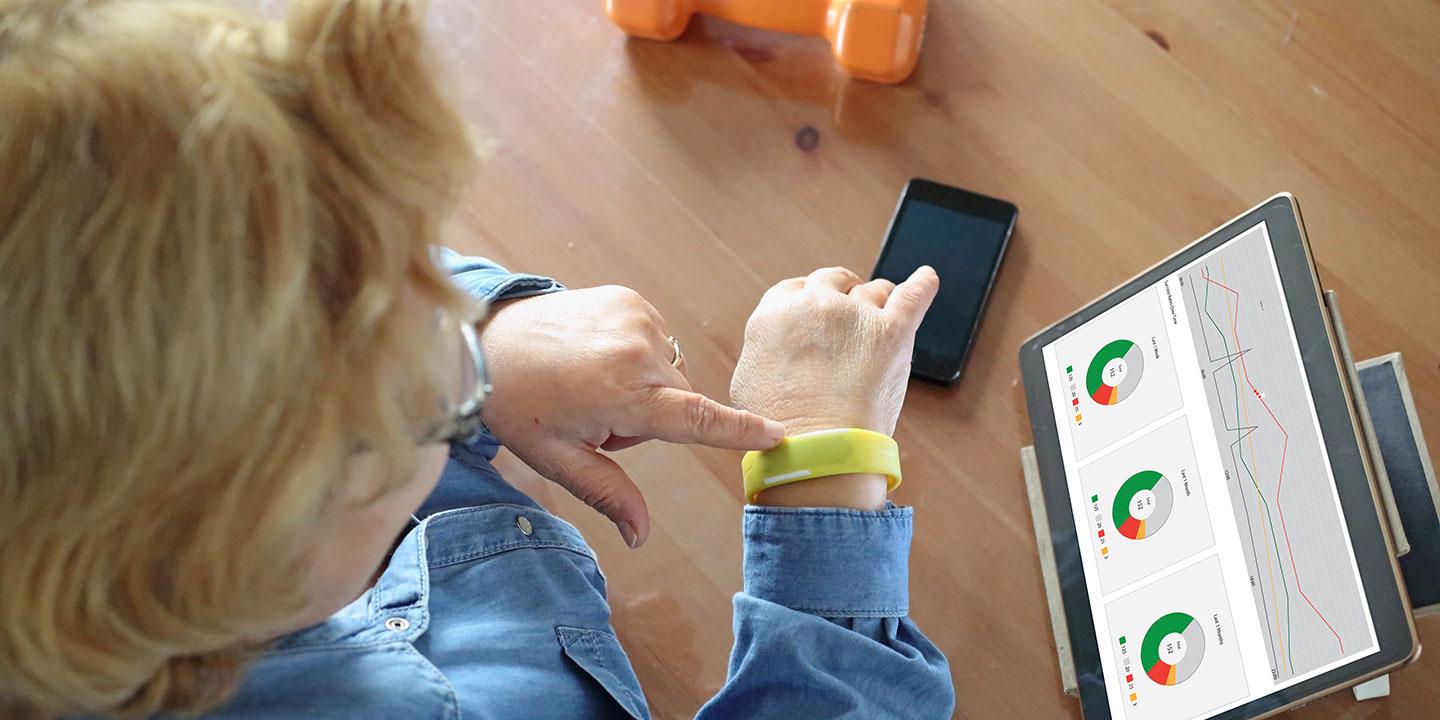Embracing technology: AI, health data and ethical issues in everyday clinical practice

The EXPLaiN project looked at how artificial intelligence (AI) can be used in healthcare – and the associated opportunities and challenges. The aim was to gain a better understanding of how digital technologies and health data work, and how they can be explained so that all parties involved can understand them. The focus was also on ethical and legal issues.
Project description
The project team conducted interviews with experts about the use of AI in healthcare, analysed international guidelines, and developed concrete recommendations on topics such as consent, explainability and data security. Theoretical inputs looked at issues such as the role of AI in medical education and training and in the doctor-patient relationship. In addition, an algorithm developed by ETH Zurich showed that AI can predict mortality more accurately than previous models (ASA score).
Background
Artifical intelligence is increasingly being used in medicine to help doctors make decisions. At the same time, the clinical use of AI raises a range of ethical questions – for example on patient consent, the explanaibility of the systems, and handling risks. The EXPLaiN project addressed these challenges.
Aim
- To understand the issues in data use and analysis, using the examples of databases in anaesthaesia and cardiology.
- To analyse the regulatory framework, looking at the ethical and legal regulations in Switzerland and in Europe.
- To collect new data in Switzerland on factors that influence the trust of medical staff and patients in digital technologies.
Relevance
Hospitals and other institutions collect large amounts of mobile health data. The concerns this raises can significantly hinder the development of useful technologies that would benefit patients. The project worked to address the pressing ethical and legal questions. By identifying and taking patients‘ concerns seriously, explanaibaility and data governance are to be enhanced.
Results
A key outcome of the project concerns the impact of AI on the doctor-patient relationship. Research shows that AI is not only a technical tool, but that it is fundamentally changing the health system.
Three main messages
- Patient consent for the use of AI is not currently required under Swiss law – unless the use goes beyond supporting clinical decision-making.
- Some patients fear that the use of AI will limit their participation in medical decision-making processes. This highlights the importance of explaining to patients that their active involvement in joint decisions is still necessary and useful in AI-based processes. Doctors therefore have a new responsibility: not only do they need to explain the medical aspects to patients, they also need to be transparent about the use and role of AI.
- Sharing patient data with computer scientists can contribute to the development of more precise tools to support clinical decision-making.
In context:
Using anonymised data from anaesthesiology at Basel University Hospital, an algorithm was developed to predict postoperative mortality. On the basis of intraoperative data such as heart rate and blood pressure, the algorithm was able to make more accurate predictions than the established ASA score. This feasibility study shows that such analyses have the potential to improve treatment outcomes. At the same time, data protection – in particular a lack of training for data managers and unclear responsibilities – are a significant obstacle to the broader use of such data.
Original title
Ethical and Legal issues of Mobile Health-Data – Improving understanding and eXPlainability of digitaL transformAtion and data technologies using artificial IntelligeNce [EXPLaiN]
